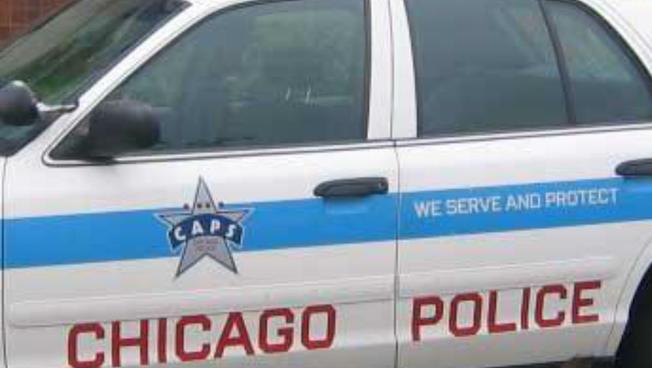Carl Williams has literally grown up in prison. Just 17 years old when he was arrested for the brutal 1994 murders of Illinois State basketball star Reginald Wilson and his girlfriend Felicia Lewis, Williams now has three rather unlikely allies in a new bid for freedom. Phil Rogers reports.
Carl Williams has literally grown up in prison.
Just 17 years old when he was arrested for the brutal 1994 murders of Illinois State basketball star Reginald Wilson and his girlfriend Felicia Lewis, Williams now has three rather unlikely allies in a new bid for freedom.
Three of his four co-defendants, who say when the murders were committed, he wasn’t there.
“Every time a police officer would ask them, do you know this guy, who is this, was he involved in the crime, they would all establish and say no,” he says. And armed with affidavits from co-defendants Zarice Johnson, Stanley Hamelin, and Scott Chambers, Williams is making a new effort to be released.
Indeed, the three insist they had never seen Williams until he was brought into the police station, after they were already in custody. And Williams notes he did not fit the physical description of the fifth suspect.
“This was a horrible crime,” he says, from a tiny room inside Stateville Prison. “No one’s questioning that. But what I’m saying is, I’m the one who had no involvement in this brutal horrible crime.”
The crime was indeed brutal and horrible. Wilson and Lewis were carjacked from a south side gas station, then executed in a dumpster near 47th and Vincennes. Lewis had just had a baby, and pleaded with the killers to spare her life.
Local
“They degraded, humiliated, both of them, not just her,” Lewis’s sister Crystal Fitch recalls. “Because he had to watch the things that happened to her while she begged for her life!”
Fitch is outraged that Williams is even getting a hearing on his claims of innocence, noting that 24 years ago he signed a confession which suggested intimate knowledge of the crimes.
“Never was there a possibility that he wasn’t there,” she says. “He was there and he participated---he watched!”
Williams insists he was coerced and beaten into giving that confession.
“After twelve hours, thirteen hours, after being brutally attacked by one of the detectives, being beaten and slapped, being knocked to the floor, face being slammed to the ground to where I was basically unconscious, only then did I sign it,” he says. “I come from a community where you see this constantly and consistently.”
Fitch agrees there are many from her old neighborhood who have been wrongly convicted---even forced to confess to crimes they didn’t commit. But she doesn’t believe Williams is one of them.
“There are some cases that are open and shut, case closed, it’s a wrap,” she says. “And this was one of them!”
But there is one other wrinkle. A new witness, a woman, who has signed an affidavit, saying she was with Williams at his mother’s house when the crimes were committed.
That woman says she was present in court for his trial, but was never contacted by attorneys and never volunteered to intercede on his behalf.
“She was present at every court date, but it was their choice and their decision to say they didn’t think they should go forward with her because she was somebody I had previously dealt with,” Williams said.
Fitch said she finds the idea that someone is just now coming forward preposterous.
“Where he sits now, today, is where he deserves to sit for the rest of his life,” she said.
A fifth defendant, Anthony Brown, has made no statements on the case. But Williams says the fact that no forensic evidence ties him to the crime, and that the other three convicted killers insist he was not involved, should speak volumes. And he hopes the courts, and the public, will listen.
“The evidence speaks for itself,” he says. “It’s their duty and responsibility to remedy this case---to release me, to free me, to no longer hold me in prison for a crime that I did not commit.”



